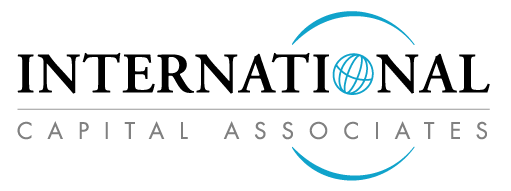The U.S. Department of the Treasury announced on June 17, 2024, that the United States has formally notified the Russian Federation about the suspension of certain articles and provisions of the Convention between the United States of America and the Russian Federation for the Avoidance of Double Taxation and the Prevention of Fiscal Evasion with Respect to Taxes on Income and Capital, signed at Washington, June 17, 1992. This suspension will take effect on August 16, 2024, and will continue until otherwise decided by the two governments. This decision is in response to the Russian Federation's notification on August 8, 2023, expressing its desire to suspend specific articles and provisions of the Convention and the Protocol.
The announcement can be seen at United States’ Notification of Suspension, By Mutual Agreement, of the 1992 Tax Convention with Russia | U.S. Department of the Treasury.
Taxpayers who rely on the U.S.-Russia income tax treaty should plan for this suspension. Please contact International Capital Associates, LLC if you need help planning for the treaty suspension or if you need other U.S. tax services.



